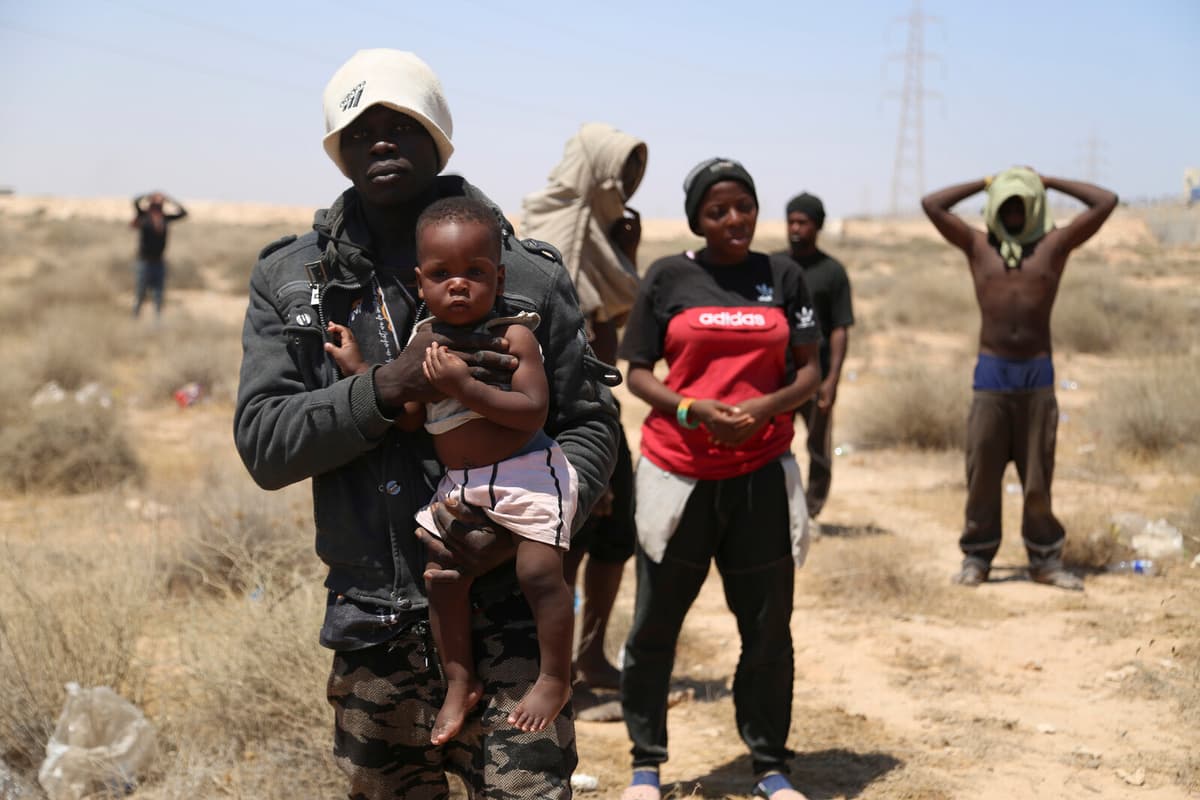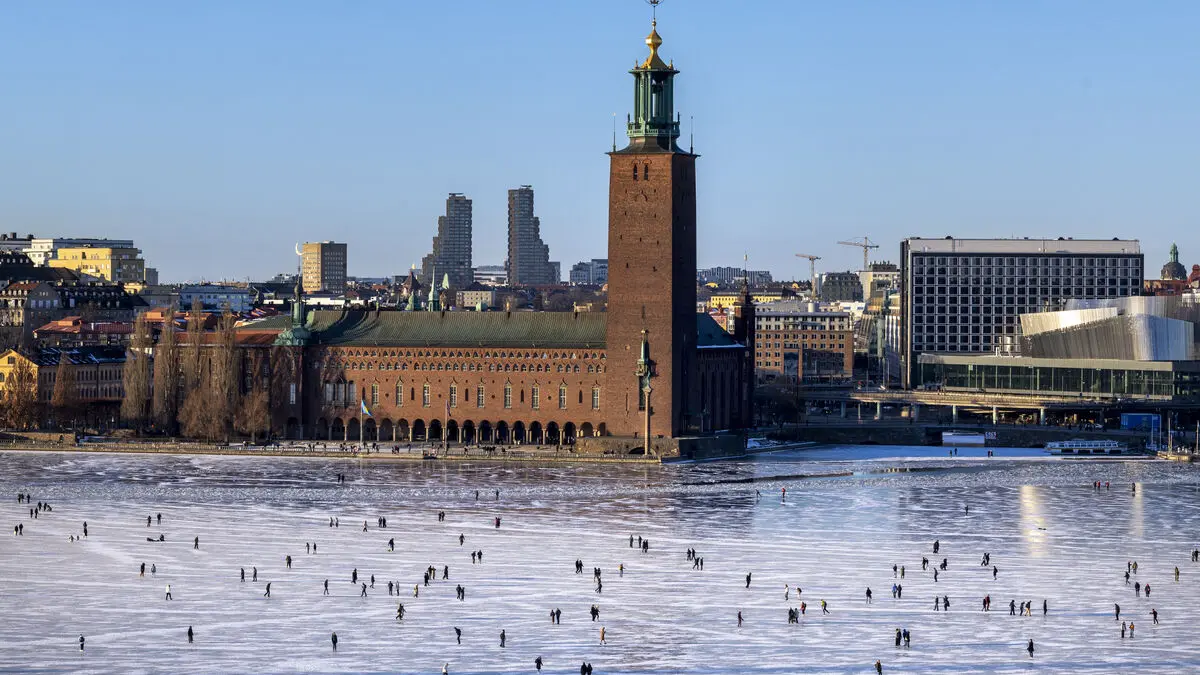The deportations are believed to be the largest ever from the North African country, where many migrants take themselves in the hope of further travel across the Mediterranean.
This is something new. 400 people were deported last July, but this convoy is the largest so far, says Azizou Chehou at the charity organization Alarm Phone Sahara to the British The Guardian.
The UN's migration agency IOM confirms that 613 people arrived in trucks in the desert town of Dirkou in northeastern Niger last week. According to Chehou, the journey through the Sahara, with migrants "packed like sardines", is extremely dangerous and traumatic.
The people will arrive in very poor condition, he says.
The deportations are taking place at the same time as the EU is being criticized for ignoring the systematic abuses that migrants are subjected to in Libya. In the hope of stemming the migration flow across the Mediterranean, the EU has entered into agreements with both Libya and neighboring Tunisia, in which the countries receive extensive economic support in exchange for measures to stop the journeys.
This is Europe's border policy exposed: mass deportations and death on contract to Libya, where the desert is turning into a graveyard, says David Yambio at the non-profit organization Refugees in Libya to The Guardian.
In 2017, the EU entered into an agreement that transferred the responsibility for patrolling the Mediterranean to the Libyan coastguard. The Libyans have since 2016 received training, equipment, and economic support from the EU.
The hope was to stop migrant journeys across the sea, which has not happened. Instead, more and more people have died.
The UN and a number of human rights organizations, including Amnesty International, have for years been warning about inhumane conditions in the detention centers in Libya where migrants are held while waiting to gather enough money to pay smugglers for the journey to Europe.
The inmates are said to be subjected to degrading treatment, abuse, punishment, and torture.
UN investigators have visited facilities where seriously malnourished people – men, women, and children – are held in small rooms with overflowing toilets and a lack of food and water. Diseases are spreading, women are being sold for sexual exploitation, and men are being sold as slaves.
Both Libyan security forces, militias, smuggling networks, and criminal gangs are said to be exploiting migrants on their way to Europe.
Source: UNHCR, OCHA, Amnesty International, Doctors Without Borders






